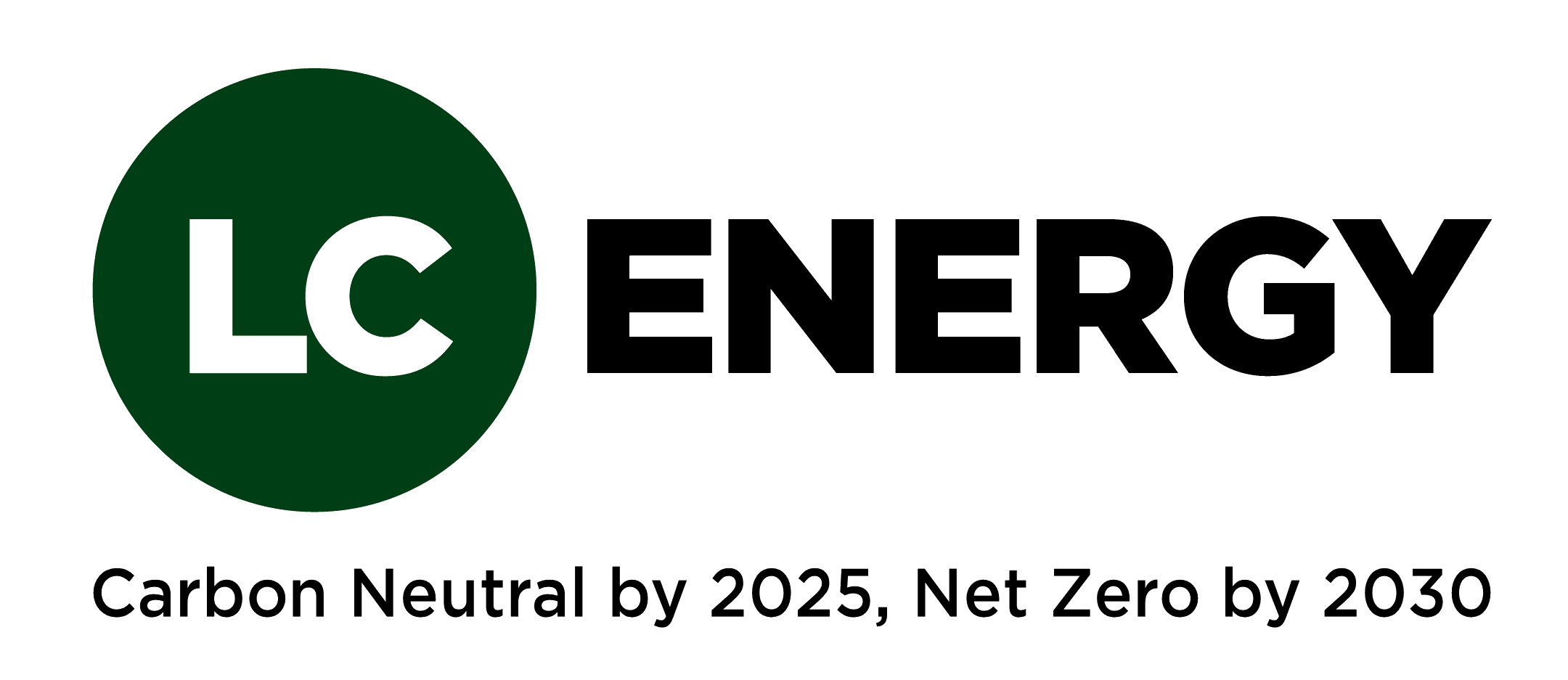Air pollution is frequently mentioned by the media and in scientific reports, but what is air pollution?
Air pollutants include:
– carbon and nitrogen oxides (CO, CO2, NO, NO2, products of combustion)
– sulphur dioxide (SOx)
– particulates, often cannot be seen by the naked eye (such as lead and heavy metals, PMx)
– volatile organic compounds (VOC)
– chlorofluorocarbons (CFC’s)
– methane (CH4)
Air pollution has both environmental and social impacts, including climate change, acid rain and increased morbidity and mortality of individuals through respiratory and cardiovascular diseases, reproductive and central nervous system dysfunctions, and cancers.
The biggest cause of air pollution in urban areas is the transport sector, accounting for around half of the NOx and particulate emissions, with generally combustion activities accounting for most of these emissions overall. A third of the emissions in 2015 came from heating, as the heating of buildings and hot water in the UK is predominately supplied by fossil fuels.
Currently, the UK must follow the Air Quality Standards Regulations 2010 which was written into law to reduce emissions, including NOx (nitrogen oxides) and particulates, within set healthy limits. However, since 2010 ClientEarth (an environmental organisation) has won three air pollution court cases against the UK Government for pollution levels being too high in the UK’s towns and cities, due to failing its obligation to plan and clean up the countries air. In 2019, 33 of the 43 national reporting zones in the UK were breaching the legal limits of nitrogen dioxide (NO2) pollution.
Where we are now compared to the past
Though there is a long way to go to make the UK’s air quality better, the country has come a long way compared to 1950’s London. The Clean Air Act 1956 came into effect in response to the London Smog in 1952 which caused an estimated 12,000 deaths by pollution inhalation. This was caused by a combination of winter weather conditions and the extensive use of coal fires in the local area for heating and energy generation. The government’s response included banning coal fires, converting to smokeless fuels, reducing the use of fossil fuels in industry and moving power plants out of urban areas.
Today, there are plans to establish ‘Clean Air Zones’ within city and town centres, whereby certain vehicles (not meeting emission standards) are charged for travelling within the zones. The city of Bath was the first to implement this outside London, utilising cameras with automatic number plate recognition and an online payment portal to enforce the rules. Birmingham introduced charges on the 14th June 2021, with a number of other local authorities are required to follow suit, including Greater Manchester, Newcastle and Sheffield.
What is LC Energy doing?
Alongside the advocation of biomass use for heating to meet the government’s 2050 Net Zero targets, in October 2020 we switched our forklifts across two sites to FB 25-G Electric Forklifts, saving 261.74 kg CO2-eq per week (13.61 tonnes of CO2-eq per annum) and reducing the emissions associated with diesel fuel to zero i.e. CO, NO and NO2, SOx, PMx and other VOC’s. We have also switched our use of mineral diesel fuel to Hydrotreated Vegetable Oil (HVO) fuel, a diesel alternative made from processed vegetable oils or animal fats. The Greenhouse Gas (GHG) emissions of HVO fuel is 90% lower than original mineral diesel and the switch significantly reduces the NOx, PM and CO emissions. The decision to switch to HVO fuel and electric forklifts improves the air quality of our sites for our employees and the local area.
For further information regarding LC Energy’s services, including partnership with clients to develop corporate environmental policies and carbon reduction strategies, please contact LC Energy via our online contact form, calling our Head Office on 01483 209360 or email us at info@LCEnergy.co.uk.


